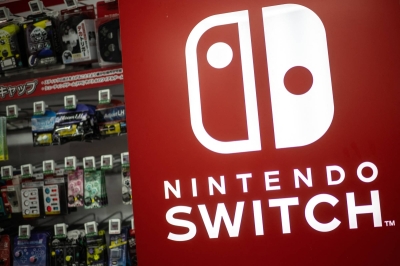Will traditional bookstores be able to survive in an age of e-publishing and book distribution, when young people are increasingly turning away from books in favor of other forms of information and entertainment? The Japanese e-book market is expected to grow dramatically in the next few years. In distribution, Amazon is already estimated by industry insiders to control 5 percent of the total market for books and magazines in Japan.
The main victim so far of such shifts in readership and publishing — and of Japan's long-continuing deflation — has been the small neighborhood bookstore. According to research by the publisher Arumedia, roughly a third of Japan's bookstores have disappeared in the past decade — from a peak of 22,314 in 1999 to 15,314 in May of this year.
Meanwhile, the average floor space of stores has been increasing, as booksellers attempt to compete in terms of the number of titles in stock. In Tokyo, for example, Maruzen moved into its megastore near Tokyo Station, and Junkudo opened a 10-story bookstore in Ikebukuro. And as recent as Oct. 15, a new Junkudo bookstore started business in Kichijoji, boasting a million titles. In a full-page newspaper ad, the store affirmed a belief in the power of books and urged readers to rediscover the joys of visiting a bookstore (Shoten wo tanoshime!). However, as digital media matures in Japan, it is by no means certain that sheer size alone will enable traditional brick and mortar bookstores to survive.


















With your current subscription plan you can comment on stories. However, before writing your first comment, please create a display name in the Profile section of your subscriber account page.